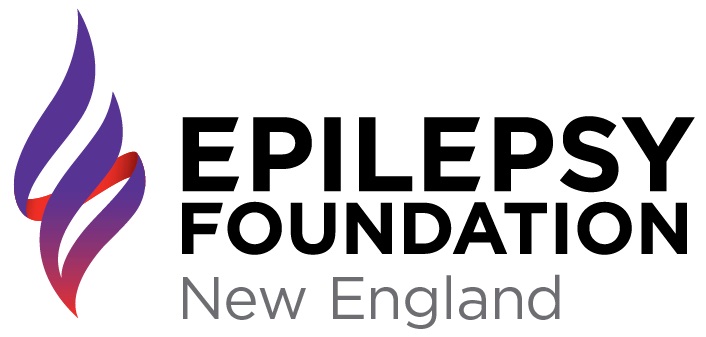What Factors Should Women Consider When Living With Epilepsy?
Epilepsy doesn’t discriminate by gender. But although epilepsy affects both men and women, the health, treatment and impact of having epilepsy may vary depending on gender. For women, that means there are special considerations to keep in mind when planning your life around epilepsy.
Although all people living with epilepsy have issues to consider, women should take special care when considering the effect of hormones on epilepsy, choosing seizure medication, birth control pregnancy, parenting, menopause, bone health, and more.
Hormone Changes and Epilepsy
Hormonal changes in a woman will vary throughout her lifespan as well as during monthly menstrual cycles and these fluctuations can affect seizure control. Seizures may start, stop or change at times of puberty, pregnancy or menopause.
About half of young women living with epilepsy also report increased levels of seizures around the time of their menstrual period - sometimes referred to as catamenial epilepsy. Your doctor can help decide on the best course of action to better control these seizures before they begin.
Contraception and Epilepsy
According to a recent study by Dr. Andrew Herzog and colleagues, women living with epilepsy are at a higher risk for unintended pregnancies. All too often, this is tied to interactions between contraceptives and seizure medication that can reduce the efficacy of the contraceptive itself.
Although women living with epilepsy have a wide variety of birth control options to choose from, it is always best to do careful research on possible side effects and interactions with seizure medication with your doctor before starting any contraceptive regimen.
Keep in mind: some seizure medications (AEDs) that increase the ability of the liver to break down hormones can increase the risk of a contraceptive not working, which can lead to unexpected pregnancy. Be sure to talk to your doctor to determine which medications may be best for your particular situation.
Epilepsy and Pregnancy/Childbirth
The overwhelming majority of women with epilepsy have healthy babies. But the care of women with epilepsy needs special consideration to ensure healthy mothers and babies.
Some seizure medications have a greater risk of birth defects in the child when the mother takes the medicine during pregnancy. Advance planning before pregnancy can help women tailor their care so that the best medication to control seizures is implemented before pregnancy.
Being a mother with epilepsy often raises unique challenges. Being informed and finding the right parenting skills, support and resources is a must for any mother.
Epilepsy and Menopause
Hormones, seizures, and epilepsy can affect bone health too and is a special consideration to discuss with your primary care physician and neurologist.
As with many bone health concerns, factors like a healthy diet, regular exercise, and regular medical check-ins can go a long way toward preventing major bone health issues as a result of seizures and epilepsy.
Who Can I Speak To About Living With Epilepsy As A Woman?
Epileptologists are experts in epileptic seizures and seizure disorders, and most are trained to consider the variables which relate to a diagnosis of epilepsy in women. There are also epilepsy doctors that specialize in diagnosing and treating epilepsy in women.
Learn more about resources and studies for women with epilepsy.

